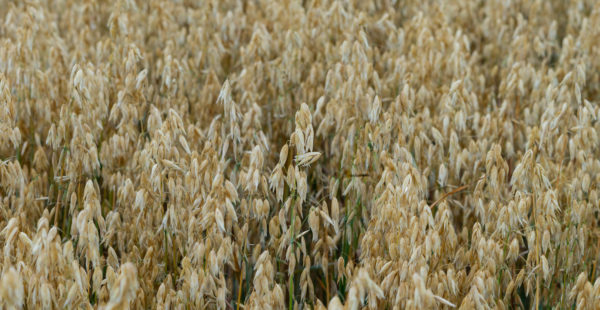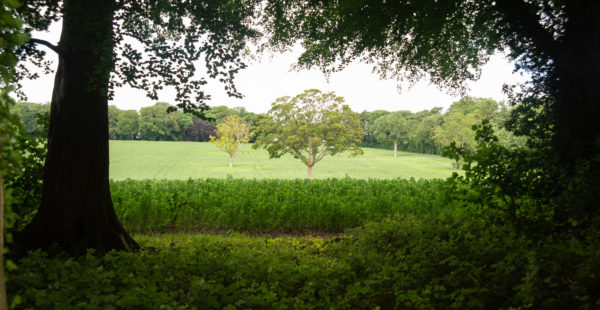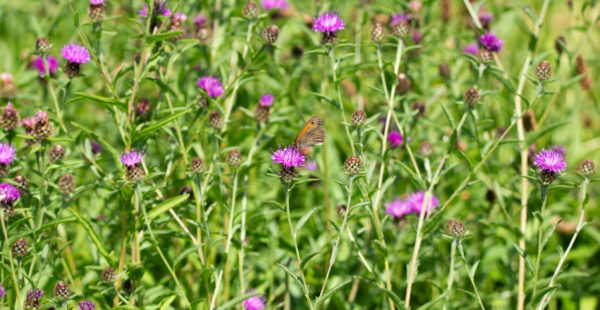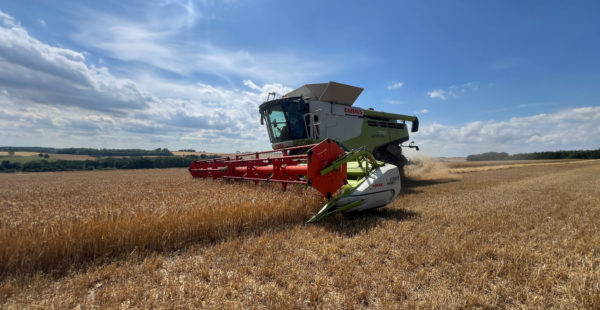A Week on the Estate: Tricky Weather, Ground Huggers & Picking Pleasure
It’s hard to believe that August is already upon us. The short-range weather outlook is unusually cool and changeable for late summer, although the rainfall we sorely need remains elusive. The weekend is set fine and mostly dry with a temperature range of 22C-12C and the chance of showers on Sunday.
As we work our way through an unusual harvest season, the long-term weather picture is very much on our minds. It isn’t getting any easier for farmers to roll with the punches. In 2024, England suffered its second-worst harvest on record with five key crops – wheat, winter barley, spring barley, oats and oilseed rape – down by an average of 15% compared to 2023.
As a study in contrasts, the first four months of 2024 brought record numbers of flood alerts across the UK, whereas spring 2025 was the driest since 1893 with early and unprecedented demand for irrigation. Coping with extended and highly variable periods of both wet and dry weather represents a substantial challenge for agriculture.
The 2025 harvest season is still ongoing so it remains to be seen how yields overall will compare to 2024. However, this year’s record-breaking warm, dry spring led to an unusually early start, and recent, sporadic rainfall was too little and too late for this season’s crops. Estate Manager Paul Barnes has never harvested winter wheat this early in the season, but at least it’s coming in nice and dry.
Our organic peas have particularly suffered for want of rainfall. The pea vining team made a valiant effort to harvest this crop, but unfortunately this season’s warmth and dryness made the job very challenging. Even with the best equipment in the world, the crop grew so low and ‘ground-hugging’ that it could not be mechanically harvested. Had we persevered, the quality would have been severely affected.
We’re far from alone. The NFU has reported that farmers in Lincolnshire, East Yorkshire, Norfolk and Suffolk – England’s best counties for vining peas – have seen unusually early pea harvests and a 30% reduction in yields compared to 2024, which was also a sub-optimal year. What little moisture we had was drawn from the soil by a succession of heatwaves in June and July.






